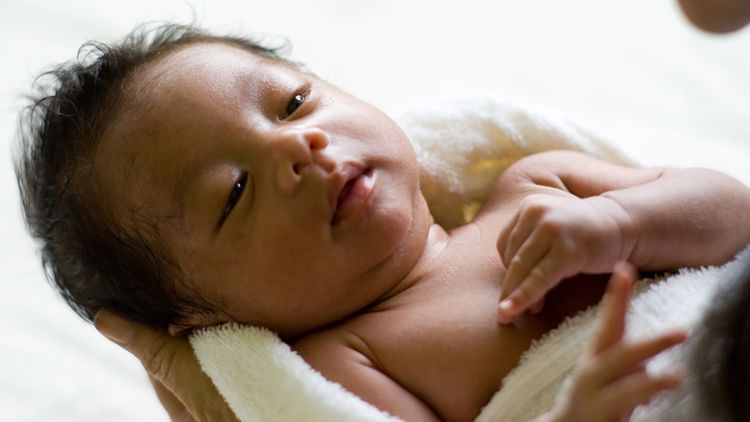Why donate breast milk?
Human milk provides significant benefits for the growth and development of premature babies. Mothers can help support their babies by providing their breast milk. However, the emotional strain and worry that can come with having a new born can sometimes reduce their ability to produce milk. Pasteurised donor human milk from a milk bank helps the baby to develop and also reassures parents that their baby is receiving the best substitute possible.
Since the early 1980s, milk banks have disappeared from numerous hospitals across the world because running a milk bank requires extensive knowledge and considerable administrative effort.
However, this trend is now beginning to change and leading maternity and Neonatal Intensive Care Units (NICUs) across the world are now embarking on a slow reintroduction of milk banks.
How does breast milk banking work?
Milk banks provide sterilised bottles and labels. Some also supply breast pumps. The milk from each mum who donates is processed separately at the bank. Once the milk has been checked and pasteurised to destroy any bacteria, it can nourish babies who need it.
Can any breastfeeding mum donate her milk?
Milk banks only recruit healthy mums with babies under six months old who are not yet weaned.
If you want to donate milk, the bank will ask you to undergo screening for infections that may pass into your milk.
Staff at the milk bank will also want to know if you have a health condition and if you regularly take medicines, including herbal medicines. They may also want to know if you drink more than 2 units of alcohol a day and how much caffeine you usually consume. Having a health condition, taking medicines or drinking small amounts of alcohol or coffee will not necessarily rule you out for donating breast milk. But milk bank staff will always want to establish that your donated milk is safe for the baby who receives it.
Enquire about the possibility of donating milk in your city!
























1 thought on “Breast milk bank”
I wish to donate my breast milk my status is HIV negative